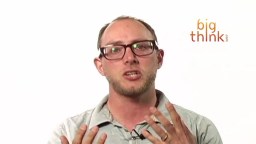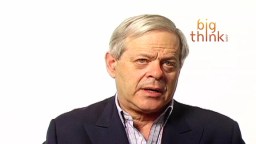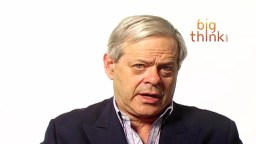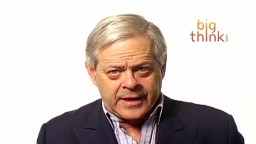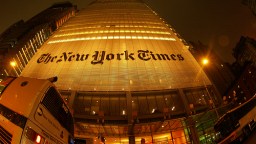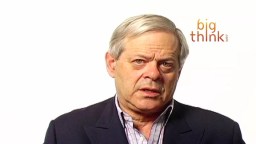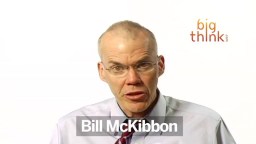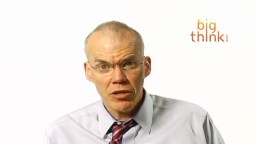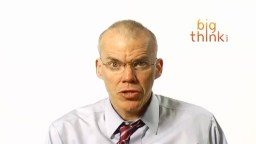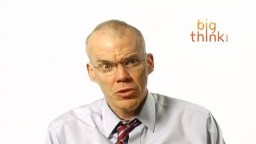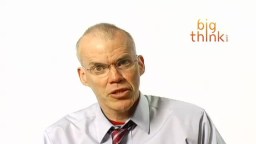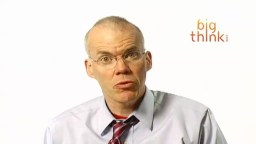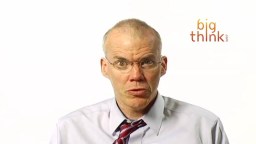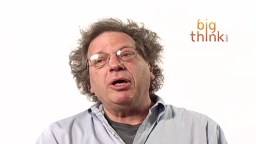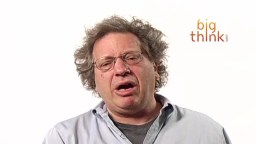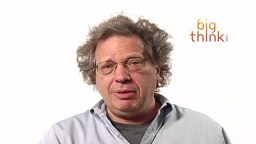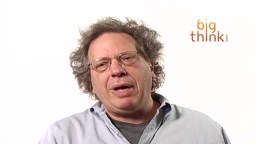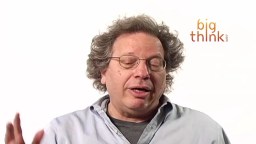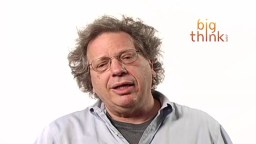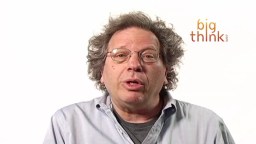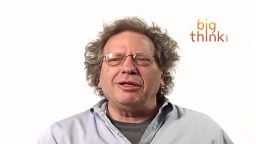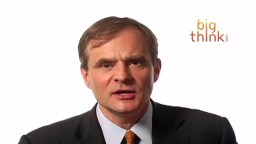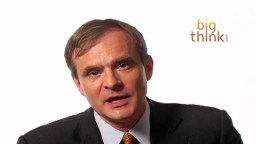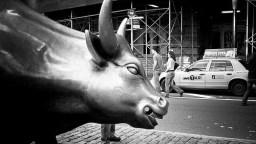All Videos
All Stories
A conversation with the New York Times’ Frugal Traveler columnist.
▸
27 min
—
with
The epidemiologist traced one of the most important public health crises of our time back to chimpanzees.
▸
6 min
—
with
The journalist and his friends founded the first fantasy baseball league—a development that nurtured the explosion of statistical analysis in sports.
▸
5 min
—
with
“The best advice I’ve ever had as a writer was, hope that your research disproves your preconceptions. And push further so that you can get there.”
▸
4 min
—
with
Since he’s left the paper, Okrent continues to come across things that irritate him about coverage. But it’s no longer his job to be the paper’s cop, so he lets […]
▸
4 min
—
with
There will always be plagiarists and reporters who didn’t make the phone call they claimed to have made. But an ombudsman can make the difference in preventing chronic lapses of […]
▸
4 min
—
with
Readers of the “paper of record” took issue with perceived bias in everything from headlines to photo captions. But they were most concerned about the use of anonymous sources.
▸
9 min
—
with
While Prohibition was certainly about drinking, it was also a stand-in issue in the battle among various groups over control of the country.
▸
9 min
—
with
A conversation with the journalist and former New York Times public editor.
▸
35 min
—
with
Why it’s “almost as much fun to destroy an idea as to create one.”
▸
3 min
—
with
Exxon Mobil made more money each of the last three years than any company in history. In our political system, that buys them power to prevent change.
▸
3 min
—
with
Unfortunately, no one source of renewable energy will be able to hold a candle to fossil fuel.
▸
3 min
—
with
These days, the average bite of food you eat has traveled 2,000 miles to reach your lips.
▸
4 min
—
with
As a first step, the government needs to put a tax on carbon dioxide emissions. Fossil fuel needs to pay the price for the damage it causes in the atmosphere.
▸
6 min
—
with
Our civilization is going to be forced to change dramatically as a result of global warming.
▸
3 min
—
with
The first person to come up with the idea of global warming was a 19th-Century Swedish chemist.
▸
4 min
—
with
A conversation with the writer and environmental activist.
▸
24 min
—
with
If American science education is to move forward, American culture needs to stop caricaturing scientists as socially awkward villains.
▸
5 min
—
with
New research on the underlying causes of autism could soon lead to earlier diagnoses and better treatments.
▸
3 min
—
with
The geneticist feels for parents who seek causes for their children’s autism in vaccinations. Unfortunately, no evidence yet supports the theory.
▸
6 min
—
with
Why is the risk of autism higher in boys than girls? Why do older parents tend to have more autistic children? New genetic research attempts to answer some of the […]
▸
7 min
—
with
The genetics professor describes one of the world’s most complex and controversial disorders.
▸
3 min
—
with
The brother of a childhood friend inspired Michael Wigler’s research into the minds of those who are, “in wondrous ways, very different from us.”
▸
4 min
—
with
New technology fueled by genomic research could soon make a simple blood test for cancer a part of ordinary visits to the doctor.
▸
5 min
—
with
The revolution sparked by the Human Genome Project will soon produce more genetic information than our computers can currently handle.
▸
5 min
—
with
A conversation with the genetics professor at Cold Spring Harbor Laboratory.
▸
41 min
—
with
The economist remembers a famous Theodore Roosevelt quote: “Fear the emergence of a financial aristocracy.”
▸
3 min
—
with
Because of structural changes, crises could now become more frequent, and the most obvious source of danger now is in emerging markets.
▸
1 min
—
with
The system of beliefs and incentives caused the financial crisis, says Simon Johnson.
▸
3 min
—
with
A core group of bankers have become so powerful they can do enormous damage to society—and they really don’t care.
▸
2 min
—
with
